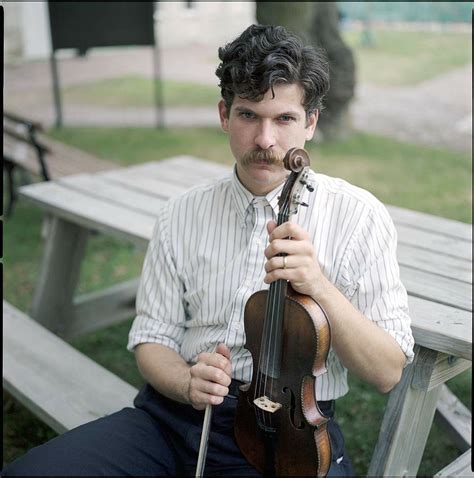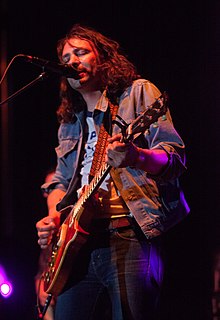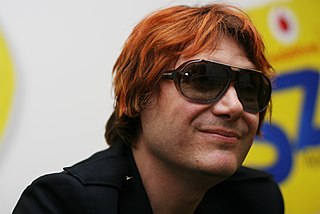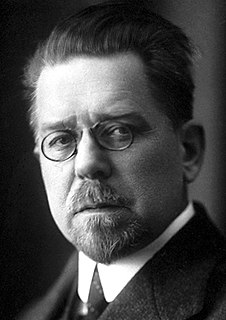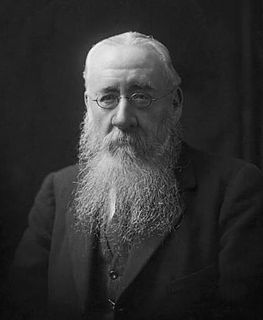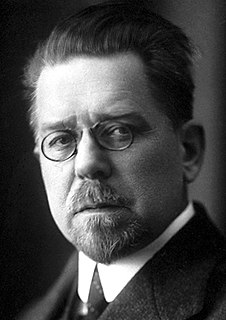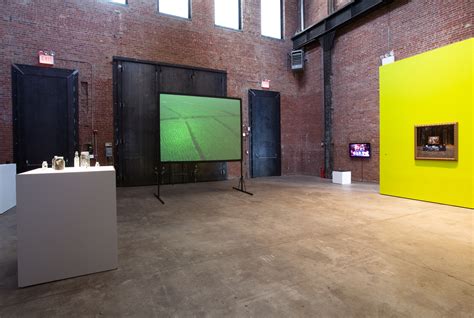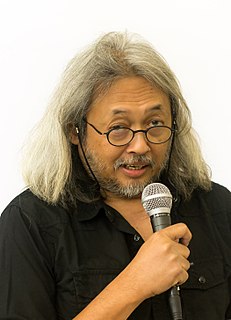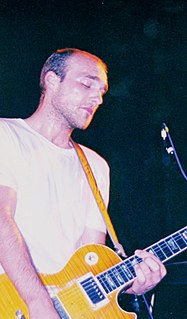Top 1200 Literature And Music Quotes & Sayings - Page 5
Explore popular Literature And Music quotes.
Last updated on November 15, 2024.
Yes, the highest things are beyond words. That is probably why all art aspires to the condition of wordlessness. When literature works on you, it does so in silence, in your dreams, in your wordless moments. Good words enter you and become moods, become the quiet fabric of your being. Like music, like painting, literature too wants to transcend its primary condition and become something higher. Art wants to move into silence, into the emotional and spiritual conditions of the world. Statues become melodies, melodies become yearnings, yearnings become actions.
Literature is not exhaustible, for the sufficient and simple reason that a single book is not. A book is not an isolated entity: it is a narration, an axis of innumerable narrations. One literature differs from another, either before or after it, not so much because of the text as for the manner in which it is read.
In general, in America, every discourse in literature in 15 minutes degenerates into a conversation about ethics, morality and this and that. The Holocaust and the consequences of it. Well, I find it terribly boring, predictable and unimportant, because what matters about literature is esthetic achievement.
As a form of moral insurance, at least, literature is much more dependable than a system of beliefs or a philosophical doctrine. Since there are no laws that can protect us from ourselves, no criminal code is capable of preventing a true crime against literature; though we can condemn the material suppression of literature - the persecution of writers, acts of censorship, the burning of books - we are powerless when it comes to its worst violation: that of not reading the books. For that crime, a person pays with his whole life; if the offender is a nation, it pays with its history.
I have nothing but great respect for great scholars. But I was in grad school in the '80s and '90s, at the height of the theory craziness. It had a big part in why I ended up becoming a writer rather than a scholar, because I thought, "I just can't play these games." I was interested in literature because I loved literature, and so much of the theoretical positioning, at that moment 25 years ago, was antagonistic to literature. You know, trying to show that Jane Austen is a terrible person because she wasn't thinking about colonialism.
The amplification of our diverse literary voices is a political act of resistance. Our lives are important, too. Our lives should be represented in our literature. And that literature is vital, compelling, and accessible. That literature deserves to be disseminated and noticed and available. And with respect to the dissemination and promotion of diverse voices - librarians, educators, and editors of literary journals play such an important role. They deserve not only a hearty shout out, but also our thanks and support.
What a lost person needs is a map of the territory, with his own position marked on it so he can see where he is in relation to everything else. Literature is not only a mirror; it is also a map, a geography of the mind. Our literature is one such map, if we can learn to read it as our literature, as the product of who and where we have been. We need such a map desperately, we need to know about here, because here is where we live. For the members of a country or a culture, shared knowledge of their place, their here, is not a luxury but a necessity. Without that knowledge we will not survive.




